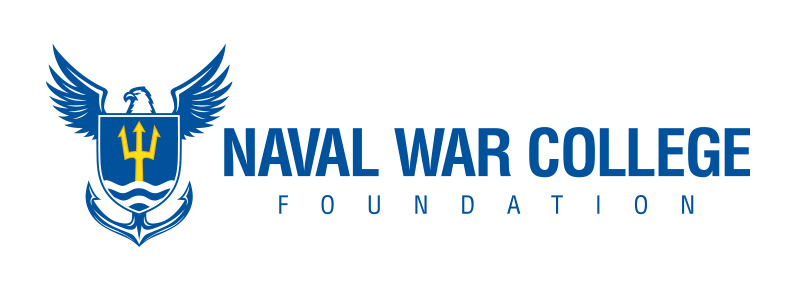The NWCF recently spoke with Michael Greenwald who is uniquely positioned at the intersection of geopolitics and finance. He is a Fellow at the Harvard Kennedy School’s Belfer Center for Science and International Affairs and Director at Tiedemann Advisors, a multi-family office managing over $22 billion in assets, and Managing Director at Tiedemann-Constantia, the firm’s European office. Greenwald previously served in senior diplomatic roles at the United States Treasury. He is a frequent speaker, writer and CNBC commentator on international security, the Middle East and the global economy and recently published an article about the impact of COVID-19 on the United States’ economic and financial standing in the world (linked here). In our discussion, he shared some more of his insights about the economic repercussions we are seeing because of the coronavirus.
You specialize in global economic analysis, but we thought it would be helpful to start from a domestic perspective. Can you talk about the impacts on the economy that we are seeing as a result of COVID-19?
We have experienced quite a dramatic shift in the market in the last couple of weeks. The closest thing we have to compare this to is 2008, but I think what’s important to note is that the fundamental systems of our economy are more well-capitalized than they were 12 years ago.
An important takeaway for the consumer is how the U.S. Federal Reserve is responding right now. They have three goals: 1) preventing the financial markets from breaking down and magnifying the crisis; 2) supporting domestic businesses through this economic turbulence; and 3) ensuring foreign central banks in major economies have access to dollar liquidity. Up to this point – and, granted, we are only a month into this – the Fed has deployed its entire 2008 crisis playbook in a matter of weeks, and that is pretty extraordinary.
If the Fed has already deployed its entire playbook, what else can they do going forward?
The Fed will continue to do what it takes to be the backstop. We will likely see a Recovery Czar appointed and there will probably be an oversight program created that dwarfs what we had in 2008 with TARP (Troubled Asset Relief Program). There are likely going to be several more stimulus packages over the course of the year, and there will be tremendous discretion given to the Fed and to the Treasury secretary like we have never seen before.
Monetary policy is likely to have a somewhat limited impact compared to 2008 given that businesses are shuttered and large parts of the economy have ground to a halt. It’s important to watch for policies that include support for municipal governments and for lending directly to small and medium enterprises. More direct support is needed at the front lines of this crisis, as main street businesses have seen an evaporation in customer and consumer demand.
Shifting to a global perspective now. We frequently talk about Great Power Competition at the Naval War College, but usually through a national security lens. Economically, how do you see COVID-19 impacting our relationship with China?
You are starting to see a bipartisan consensus that there was lack of transparency from China about the virus. I recently wrote an article about the consequences, and one of those consequences will potentially be public health sanctions. The key economic component within this Great Power Competition is the future of the supply chain. One of the important questions for businesses to address is how to diversify their supply chains.
Do you think there will be more investment domestically?
I think that we are not only going to be distancing from a public health perspective, but I think there is going to be some distancing when it comes to certain partnerships because of the risk that comes with such interconnectedness.
It’s going to be an important trend to watch. We live in a globalized world, so we will always be interdependent, but I expect there will be some examination of those interdependencies to determine where we can shore some of those up or bring some of those home.
Finally, what do you see as the role of the United States in this global recession?
The U.S. dollar will continue to play a critical role for many of the world’s central banks. The Fed has opened swap lines to foreign central banks that allow access to dollar liquidity by pledging the reserves of U.S. treasuries, and treasuries are very powerful in a situation like this. In a crisis, people want the dollar on hand, even if there are efforts by other countries to shore up alternative financial mechanisms. The dollar continues to be the number one global reserve currency, and that is in large part due to the confidence the world has in our stability. Speaking to a defense-minded audience, the strength of the dollar is on par with our military might, and the confidence the world has in the dollar goes hand-in-hand with the confidence they have in our military and in our stability.
For more insights from Michael Greenwald into the evolving economic situation related to COVID-19, as well as his perspective on other global economic trends, please visit https://www.belfercenter.org/person/michael-b-greenwald.
